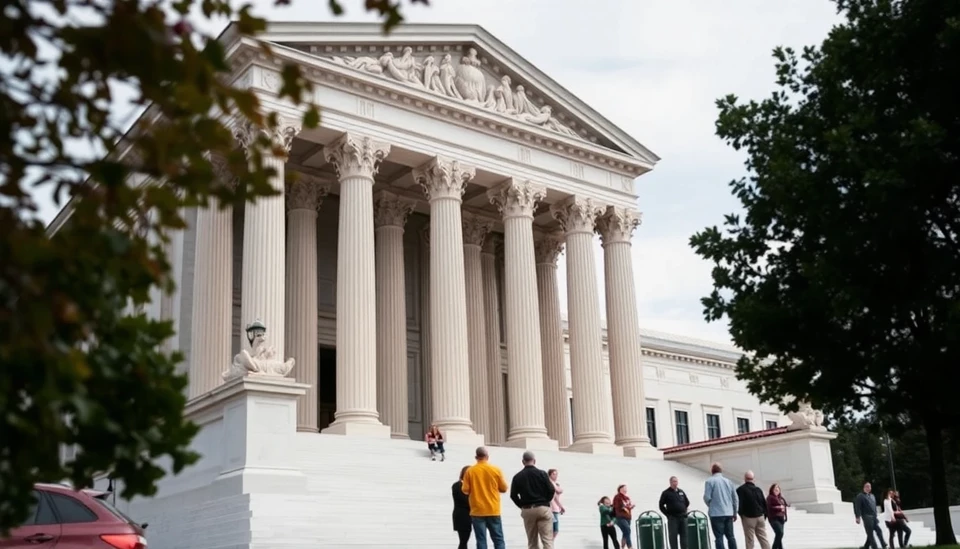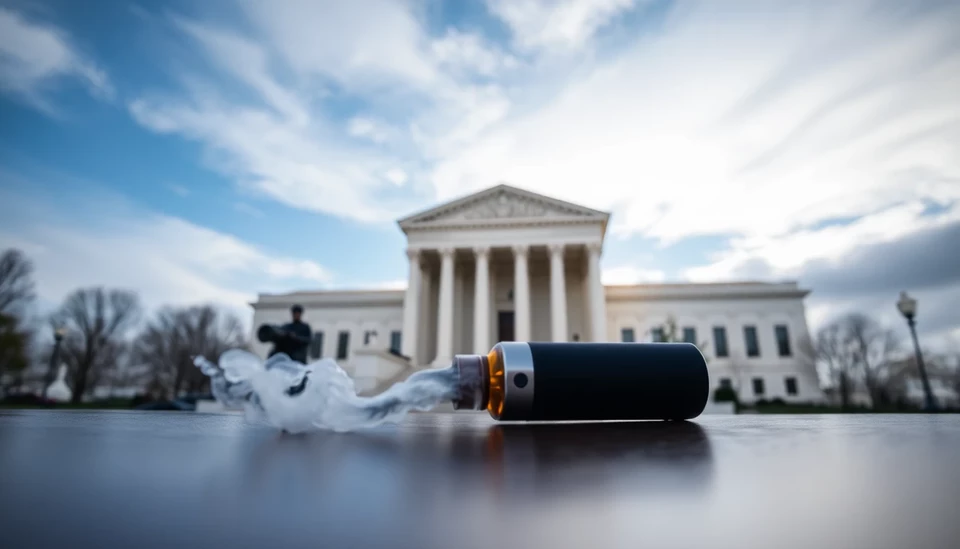
In a significant development, the United States Supreme Court has indicated a potential lean towards supporting legislative measures that aim to restrict transgender healthcare for minors. This signals a pivotal moment in the ongoing debate surrounding the rights and healthcare access for transgender individuals, particularly youth, across the nation.
During a recent hearing, the justices deliberated on a critical case that challenges laws implemented in various states which have sought to limit or completely prohibit gender-affirming treatments for minors. The implications of the court's ruling could set a precedent, influencing similar laws and regulations in other jurisdictions.
The case at hand stems from conflicts between state legislation and federal healthcare guidelines, with proponents of transgender rights arguing that such restrictions impose unnecessary hurdles and can have harmful ramifications for young people seeking gender-affirming care. These advocates emphasize that established medical consensus supports these treatments as necessary and beneficial for those experiencing gender dysphoria.
Conversely, supporters of the restrictions argue that minors may lack the capacity to make informed decisions about life-altering medical treatments. They advocate for a more cautious approach, suggesting that the government has a responsibility to protect young individuals from potential long-term effects of medical interventions.
The justices' questioning and comments during the session suggested a willingness to consider the merits of the states' arguments seeking to uphold these laws. This inclination raises concerns among health professionals and LGBTQ+ advocacy groups, who fear that a decision in favor of such restrictions could impede access to essential care for transgender youth, force families into challenging predicaments, and foster an environment of discrimination.
Legal experts believe that the Supreme Court's decision, expected in the upcoming months, will be pivotal in shaping the future landscape of healthcare rights for transgender individuals. The outcome could either reinforce state protections restricting care or affirm a broader access, setting the stage for future battles over healthcare policy and civil rights.
This case encapsulates a broader cultural divide in the United States regarding issues of gender identity and transgender rights. As states continue to introduce and defend laws limiting transgender healthcare, the Supreme Court's ruling will likely have far-reaching consequences, impacting not just the health and well-being of transgender minors but also the evolving narrative on gender identity in American society.
As the nation awaits further developments, advocates on both sides prepare for a potential rallying cry, emphasizing the importance of the Supreme Court's eventual ruling in this critical area of public policy.
With polarized opinions and passionate advocates, this case underscores an ongoing national dialogue that touches upon healthcare, rights, identity, and the very fabric of societal values in the United States today.
#SupremeCourt #TransgenderRights #HealthcareAccess #LegalNews #GenderIdentity
Author: John Harris




